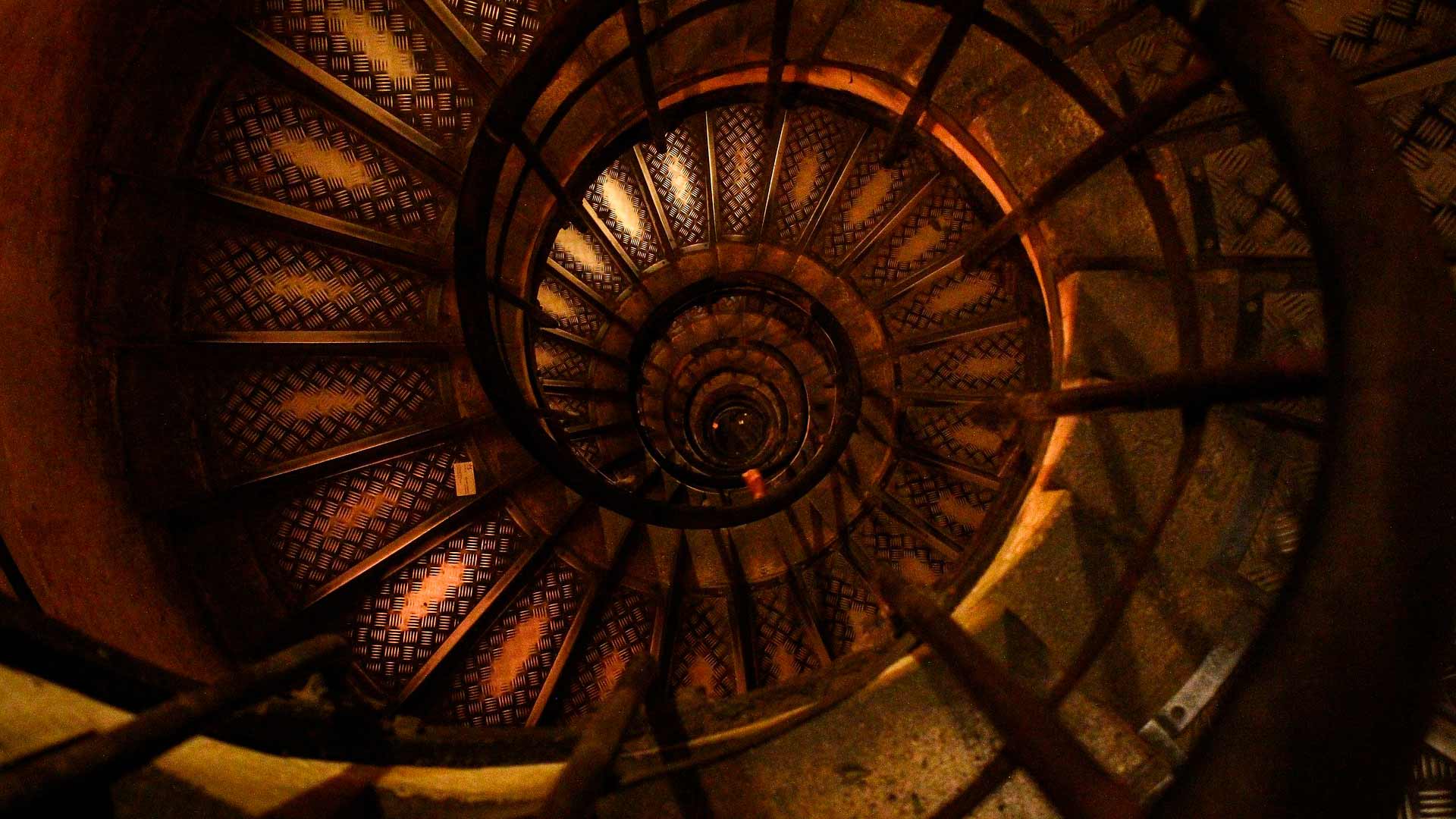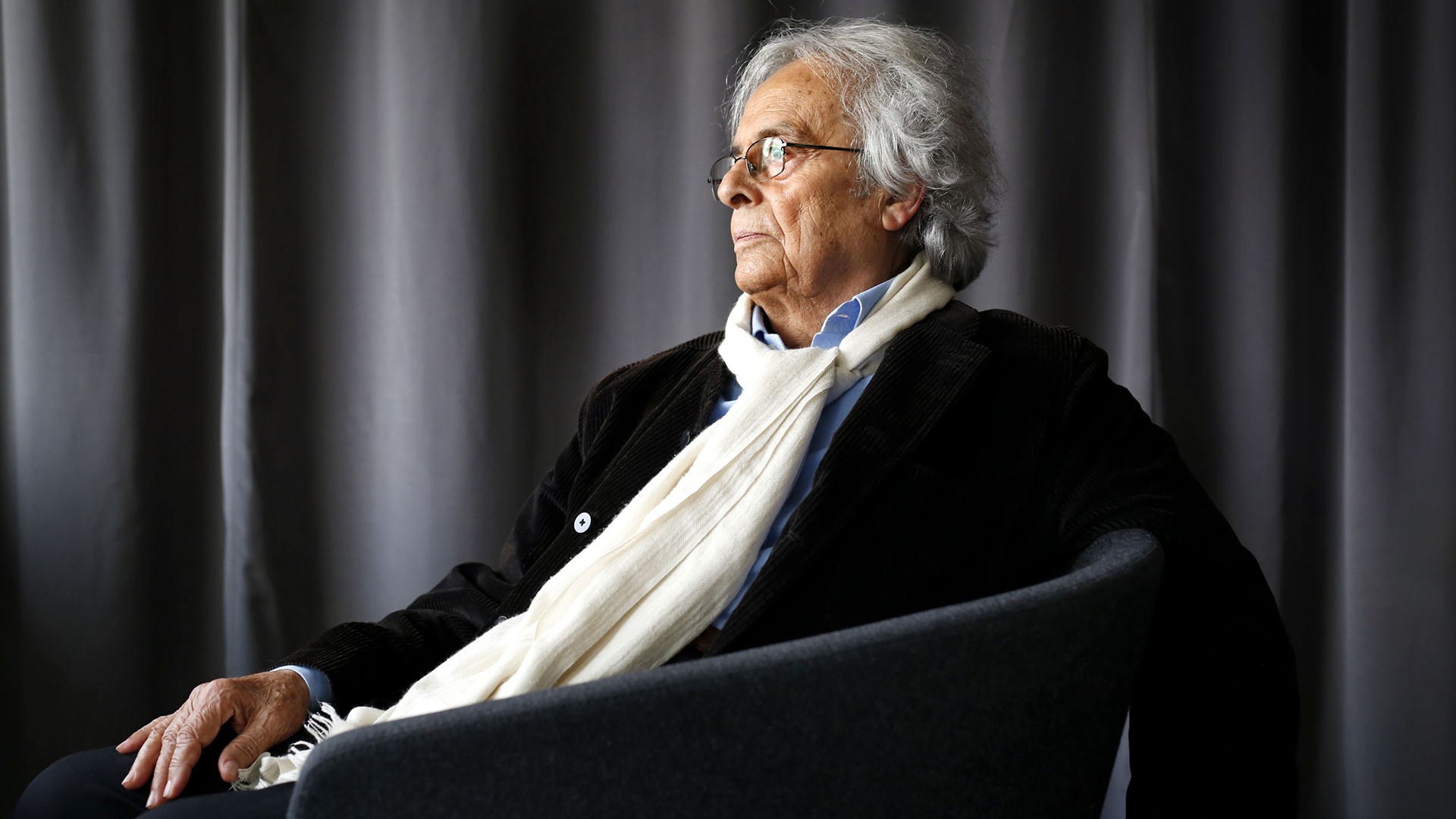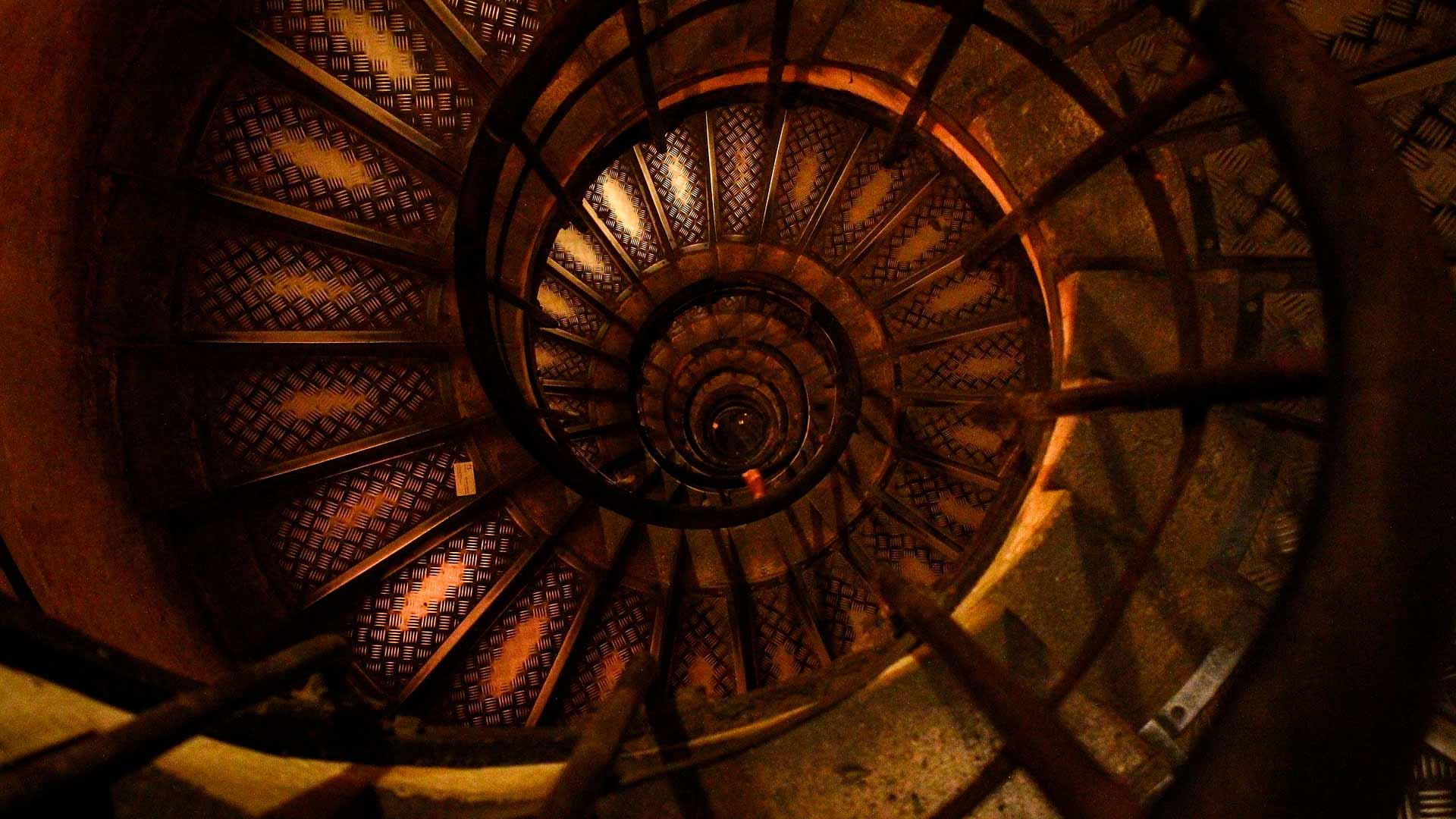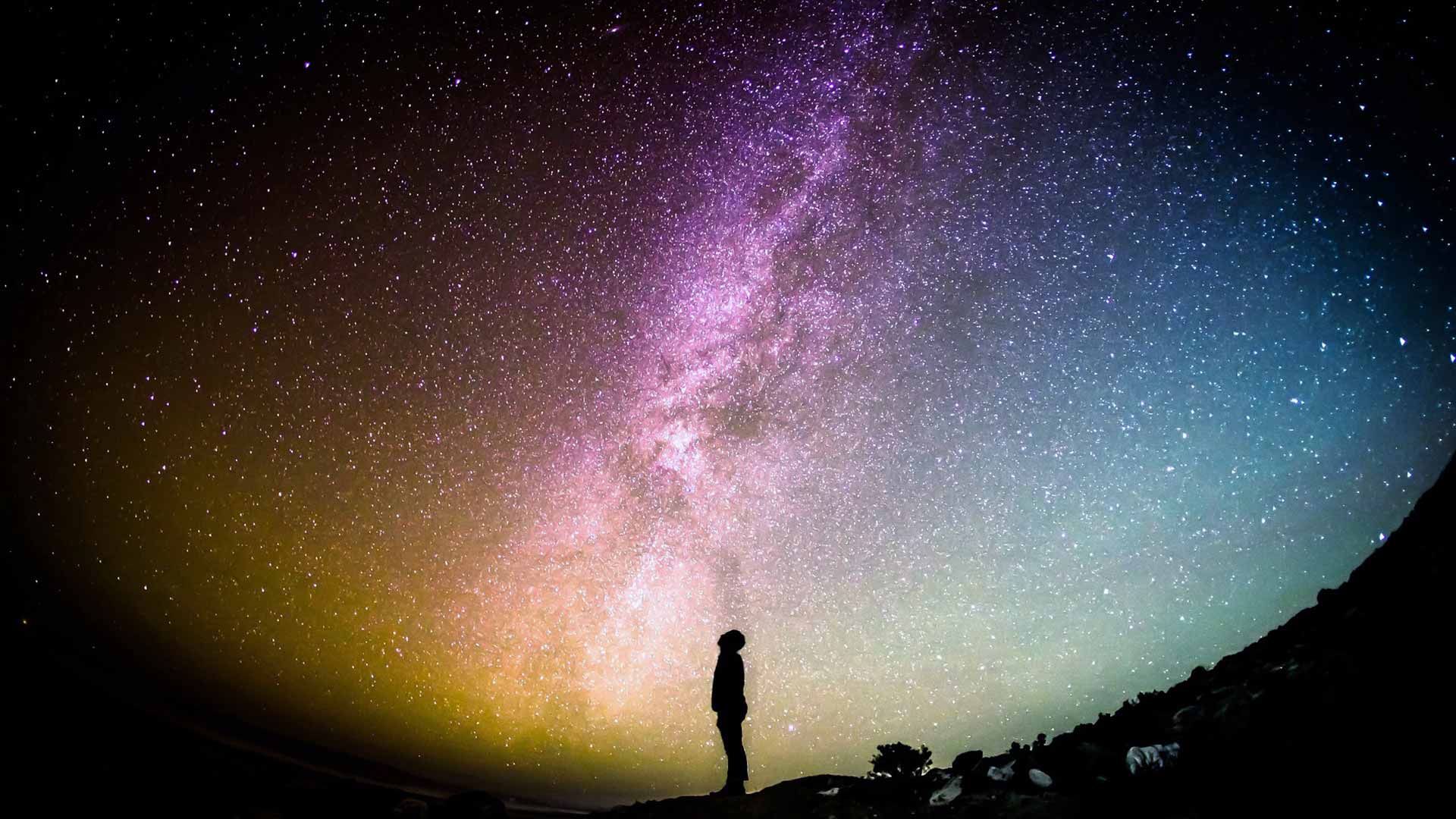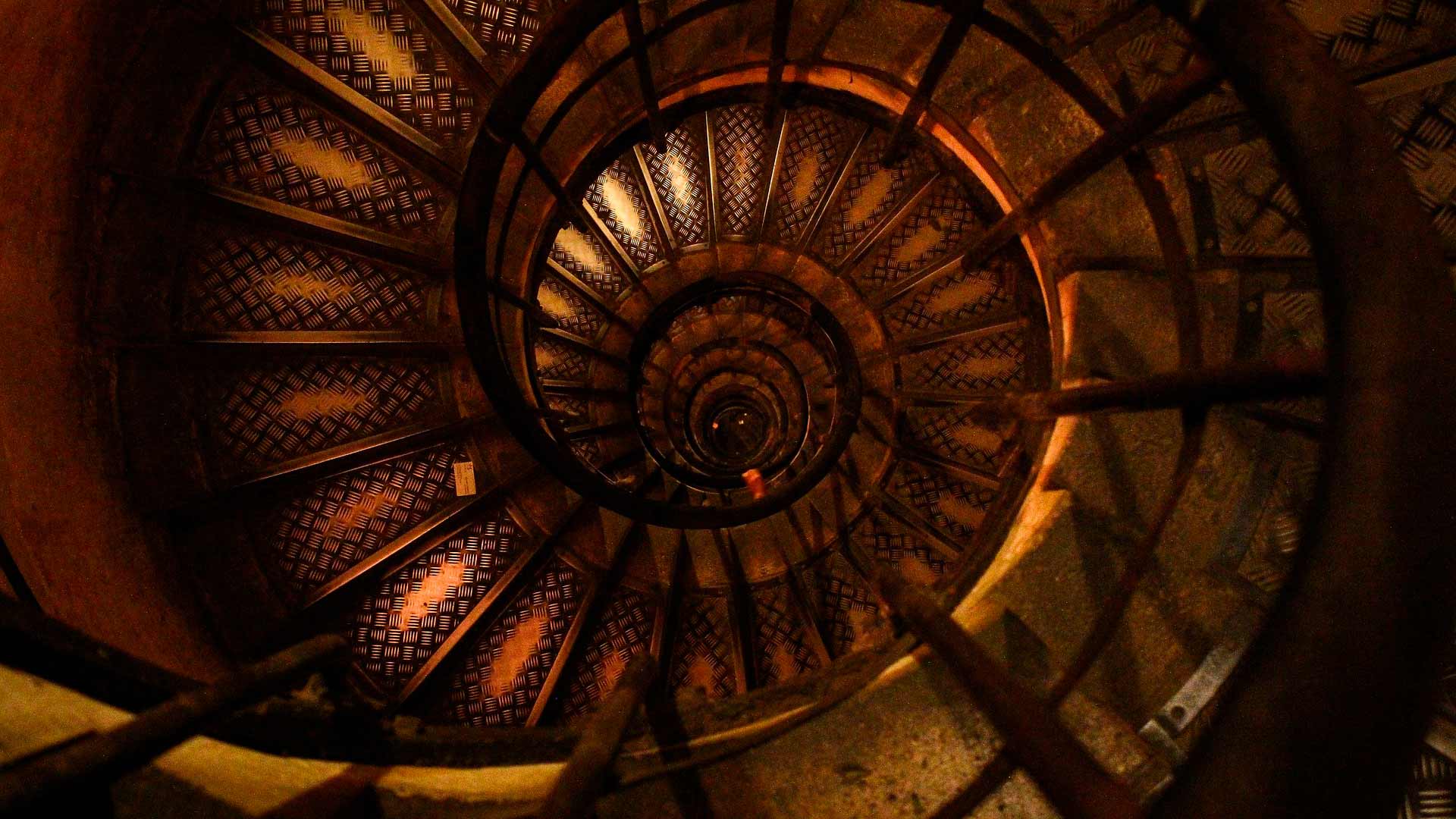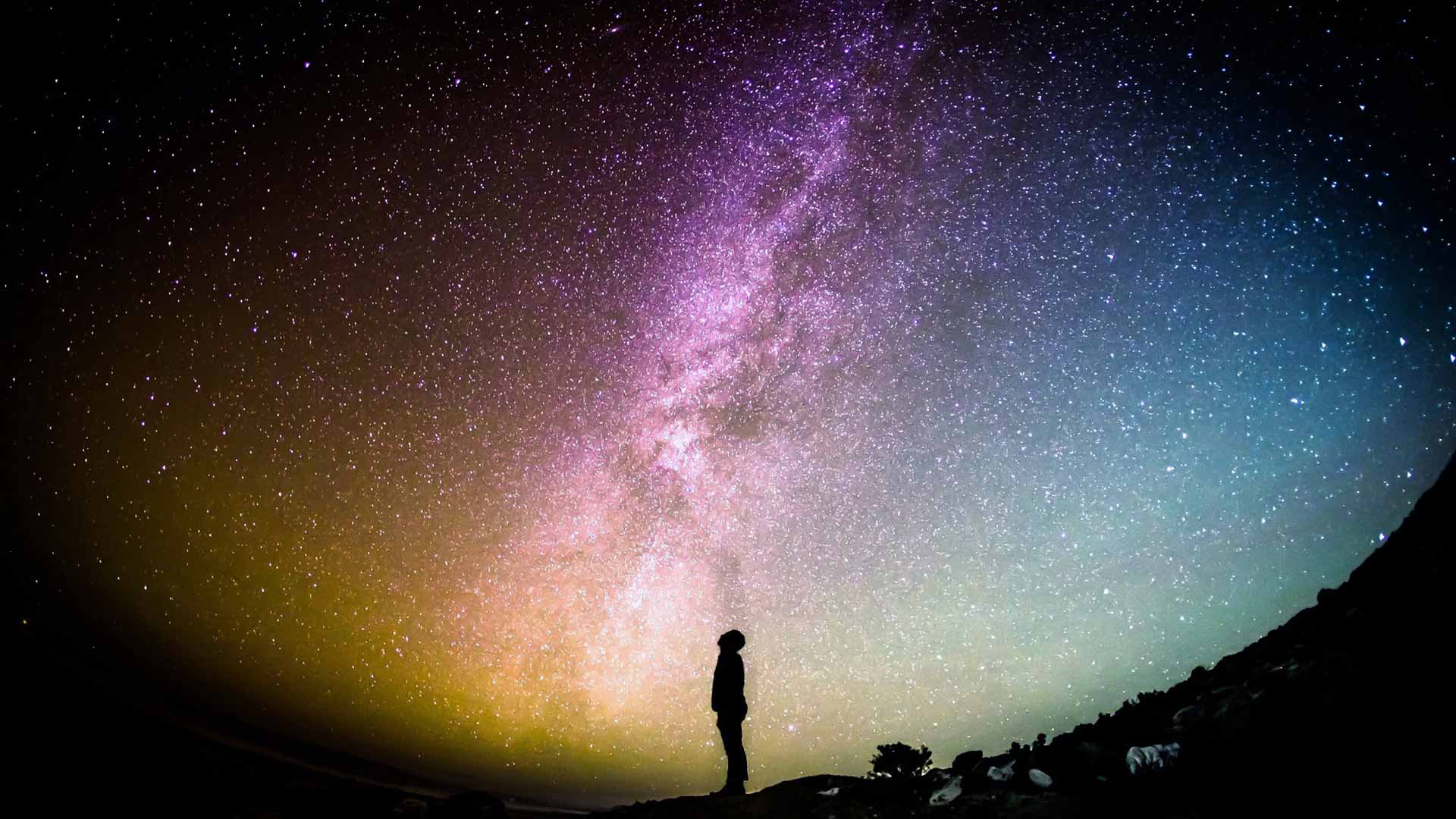Charlas sobre ciencia en el Tec
Rafael García | Comité Nacional
Durante el semestre enero-mayo 2019, Pasión por la lectura continuará con los ciclos de charlas de divulgación científica. Actualmente el programa de expositores incluye pláticas con dos mujeres científicas como parte de nuestra iniciativa "Para Leer en la Ciencia con enfoque en mujeres en la ciencia.
Eventos de Para leer la ciencia en 2019
- Charla con Julia Carabias: “Medio ambiente y bienestar social”.
Se va llevará a cabo el día Miércoles 13 de marzo a las 17:30 horas en la Librería del Fondo Rosario Castellanos (Centro Cultural Bella Época, CDMX). Julia Carabias es una Bióloga y extitular de la Secretaría del Medio Ambiente Recursos Naturales y Pesca (1994-2000). Asimismo es miembro del Colegio Nacional.
Una de sus publicaciones destacables es el libro El cambio climático: causas, efectos y soluciones en coautoría con José Saruhkán y Mario Molina.
- Charla con Julieta Fierro: “El universo: qué es y cómo se formó”.
Se va llevará a cabo el día Viernes 15 de marzo a las 13:00 horas en el Auditorio 2 del Edificio FEMSA (Tecnológico de Monterrey, Campus Santa Fe). Julieta Fierro es una astrónoma y divulgadora científica, autora de La familia del sol, La astronomía en México y Nebulosas planetarias, entre otras publicaciones.
Asimismo investiga en el instituto de astronomía de la UNAM y forma parte de la Academia Mexicana de la Lengua.
La transmisión de la charla con Julieta Fierro estará disponible en el siguiente ENLACE.
También puedes inscribirte para asistir a la charla con Julia Carabias AQUÍ.
